- AI
- A
ChatGPT and the younger generation
Interesting post I saw on Reddit about how the younger generation uses ChatGPT for mindlessly solving homework assignments. Below the cut is my opinion, a brief historical excursion, and suggestions for improving the education system.
Interesting post I saw on Reddit.
It motivated me to make this publication and discuss with you whether "Idiocracy" awaits us
It's about how the younger generation uses ChatGPT for mindless task solving, and this, according to the author, makes generation alpha (14 years and younger) so cooked 🍳🍳.
Translation of the post from Reddit
The way my younger sister uses ChatGPT to do her homework is disheartening.
She is 11 years old and in the last grade of elementary school. She uses my ChatGPT account, so I can review past conversations and see what she writes, and damn, Generation Alpha is completely lost. She starts by asking ChatGPT to convert 3 minutes to seconds. Okay, you could say that's normal—maybe she just found this particular question difficult, right? (Although an 11-year-old should definitely understand that there are 180 seconds in 3 minutes.) BUT THE THING IS, she continues to ask ChatGPT to solve absolutely ALL the questions from her two-page math homework. And these are VERY SIMPLE QUESTIONS, like how many hours are in 1 day and 7 hours—it's literally just 24 + 7, and she asked ChatGPT this without even trying to solve it herself.
And it doesn't stop there. Then she asks ChatGPT to do her reading assignment. She tells it to write an analysis for a VERY SIMPLE 150-word poem that she needs to analyze, and then just copies the questions from the assignment. She doesn't even copy the well-structured long answer that ChatGPT gives. She asks it to make it shorter, and then, even when ChatGPT shortens the answer to literally one sentence, she asks to make it even shorter, turning it into a first-grader level sentence of 7 words, and just copies it without understanding the answer or the poem, and without even reading it. She NEVER, even if she doesn't do it herself, reads what ChatGPT answers. She just blindly copies and pastes while "Squid Game" plays in the background.
If many schoolchildren do this, the future looks bleak. Listen, Generation Z is capable of writing and answering, but uses ChatGPT out of laziness. And Generation Alpha WILL HAVE to use it because they won't even be able to do it themselves.
My thoughts on this topic
Is it really that bad?
I'm not sure if this is just another generation complaining about the next one.
As if in the case of ChatGPT, things are really bad and we are heading towards the movie "Idiocracy".
When you read such stories, you imagine a whole generation of children who cannot solve simple problems without the help of artificial intelligence. Grim pictures of the future are drawn, where people have forgotten how to think independently, where basic mathematical operations become an overwhelming task without a computer prompt. Where instead of water, people water plants with energy drinks because they contain electrolytes.
What seems particularly alarming is that we are not even talking about complex tasks. When schoolchildren use AI to solve olympiad problems or complex equations - that's one thing. But when it comes to converting minutes to seconds or simple addition - that's quite another.
And the problem is not only in mathematics. Literary analysis, which used to require thoughtful reading and reflection, can now be replaced by a generative AI response.
It feels like we are witnessing not just laziness or a desire to simplify life, but a fundamental change in how the younger generation approaches problem-solving and acquiring knowledge.
In fact
However, I think it's not that bad. We have no data that this knowledge of converting minutes to seconds and vice versa is somehow related to intelligence in the future. The same goes for the analysis of poems and the like.
We went through an incredible amount of material in school over 9(11) years of study, a huge amount. And what, where is it now? Where is all the knowledge of history, chemistry, biology, mathematics? If they are not needed at work, then they are simply not in your head. It is clear that if you suddenly have to study chemistry again, it will be slightly easier because school knowledge will "wake up", but 99.9% of people will never need this information until the end of their lives.
Moreover, we see that people who listened to chemistry for a couple of years at a school desk, in adult life believe in homeopathy, for example. How does it work?
One might argue that this knowledge, although not applied, "teaches to learn" and "provides a foundation"
But how do we know that they really teach to learn and what exactly is a foundation? Such theses need to be proven with data and experiments.
History is cyclical
And if we look at the history of technological progress, we will see surprisingly similar patterns of society's reaction to each new technology capable of changing the process of learning and working with information.
When the printing press was invented in the 15th century, it caused real panic among the educated elite. Scribes predicted the end of quality education - after all, now anyone could get access to books without spending years in libraries copying texts by hand. They were sure that the mass distribution of books would lead to a superficial perception of information and a loss of depth of understanding.
In the early 20th century, the appearance of the ballpoint pen caused heated debates in the pedagogical community. Many teachers believed that abandoning the fountain pen would lead to the degradation of handwriting and, consequently, thinking.
The story with pocket calculators is especially indicative. In the 70s and 80s, their appearance in schools was met with a real war. Math teachers were horrified - how could children be allowed to use a device that does calculations for them? They were convinced that this would lead to a complete loss of mental arithmetic skills and understanding of mathematical concepts.
The advent of the internet in the 90s caused a new wave of panic. "Why memorize facts if you can google them?". Teachers and parents feared that the availability of information would kill the desire to learn and the ability to memorize.
Now we understand that erudition and intelligence are not related to each other at all.
And the phrase "Why memorize facts if you can google them?" is true.
Indeed, why?
Smartphones in the 2010s provoked another round of discussions about the degradation of youth. Constant access to information, social networks, and entertainment seemed to threaten the ability to concentrate and deep learning.
Now they say the same thing about clip thinking and the like.
Even the appearance of the spell-checking function caused concerns - people were afraid that we would forget how to write correctly, relying on computer prompts.
However, when I write this article, the tekkix editor carefully underlines all my mistakes and no one has any problems with it.
And this is not to mention the evolution of IDEs and static code analyzers.
Shall we go back to the notebook and spend the lion's share of time just on syntax, instead of solving business problems?
In fact, each of these technologies, instead of destroying education, transformed it, opening up new opportunities. The printing press made knowledge accessible to the masses, calculators allowed us to focus on understanding mathematical concepts instead of mechanical calculations, and the internet provided access to an ocean of information and opportunities for self-education.
Real problem: outdated system
One thing is clear - the education system, built hundreds of years ago, has completely stopped working, and now everyone can see it. Although, to be honest, it was visible before.
We can recall the answer books that were bought for $0.98 in any bookstore, from which children (including myself) mindlessly copied the answers, and the fact that grades 10 and 11 in Russia turn into preparation for the Unified State Exam in specific 2-5 subjects, and in fact all previous years are completely meaningless.
How to improve the education system
I don't have much expertise here, but I still managed to be on both the learner's and the teacher's side (in college, school, and as a personal tutor), so I'll try to suggest possible evolutions of the current education system from my point of view.
Transition from memorization to understanding
Modern education must completely rethink the approach to what it means to "know" something. Instead of memorizing facts and formulas, which are always available in two clicks, it is necessary to focus on developing an understanding of principles and concepts.
Instead of requiring students to memorize the dates of historical events, one can focus on understanding the causal relationships between these events.
Instead of memorizing mathematical formulas, focus on understanding why these formulas work and how they can be applied in real life.
Most likely, all schoolchildren know the discriminant formula, but at best, only a few understand its real meaning. Is this really the right approach?Integration of AI into the educational process
AI should be seen not as a threat, but as a powerful learning tool. Children should be taught to:Formulate correct queries to AI
Critically evaluate the answers received
Use AI as an assistant in research and projects
Understand the limitations of AI and know when not to rely on it
It is even possible to introduce special lessons on the effective use of AI, where children will learn to interact with these tools consciously and productively.
Project-based learning
Instead of standard homework, it is worth introducing more project work, where:Students solve real, practical problems
Work in a team
Use all available tools, including AI
Learn to plan, allocate resources, and present results
All this will be much more useful in life than just solving a couple of algebraic problems
Development of soft skills
When routine "hard-skill" tasks can be delegated to AI, skills that machines cannot yet effectively imitate become critically important:Emotional intelligence and empathy
Critical thinking
Creativity and innovation
Communication and teamwork skills
Adaptability and the ability to learn
Let's develop these. We don't need to compete with artificial intelligence, we need to cover its weaknesses
Personalization of learning
AI can help create individual learning paths whereThe pace and complexity of the material are adjusted for each student
Individual interests and abilities are taken into account
Progress is regularly monitored and the program is adjusted
The student receives instant feedback
AI in its current form is already an excellent personal teacher. A personalized approach is what the modern education system critically lacks, and artificial intelligence covers this weakness. So let's take advantage of this? Let's create a personalized assistant for each student and let them use it as much as they want. We will add to the system prompt that it is not necessary to simply give an answer to a question, but to help the questioner find the answer on their own.
We will issue and regulate access to this assistant for each student individually.
It is clear that all this is much more complicated, but the general idea should be clear - the transition to personalized education.
Changing the role of the teacher
The teacher should become not a source of information, butA mentor who helps navigate the sea of information
A moderator of discussions and projects
An inspirer who encourages curiosity and critical thinking
An expert in the use of modern educational tools
In general, anyone but a banal alternative to Google (which often knows much worse than Google).
Perhaps it is worth completely abandoning the role of "Teacher/Instructor" in favor of a completely new concept that we have not even thought about yet.
What is the bottom line?
I think the problem is not with Generation Alpha, not with ChatGPT and other LLMs, but with the older generations who right now have the opportunity to completely change education (or at least start), but do not do this because it is extremely difficult and requires thinking, and instead they just blame everything on the youth and new technologies.
Perhaps, if the system can be broken by an 11-year-old child simply by asking questions to a probabilistic model for $20 a month - the problem is in the system, not in this child?
Instead of panicking about how AI is "spoiling" children, we need to think about how to change the education system so that it meets modern realities. Technology is not the enemy of education, but a tool that can and should be used for good.
This reminds me of the current situation in the job market. People have learned to break the system by increasing the numbers in their resumes, but instead of improving it, individuals threaten everyone with blacklists, appeal to the institution of reputation, and so on.
What do you think about this? This topic seems incredibly important to me, after all, we are talking about the next generation that will determine the future of our planet.
Let's discuss this.
Maybe I missed something, and we are all really cooked🍳🍳 almost tomorrow?
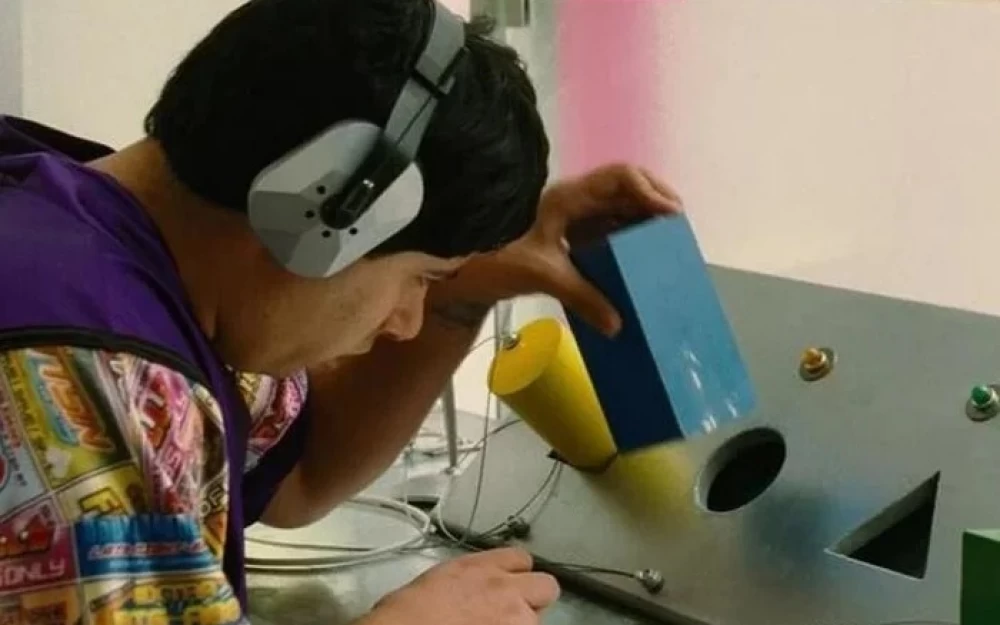
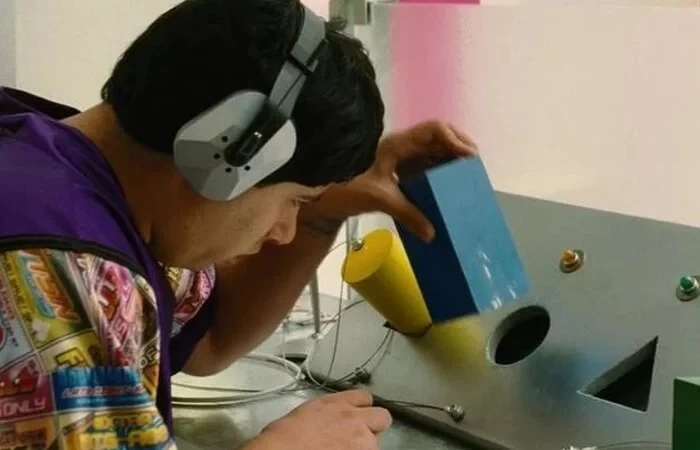
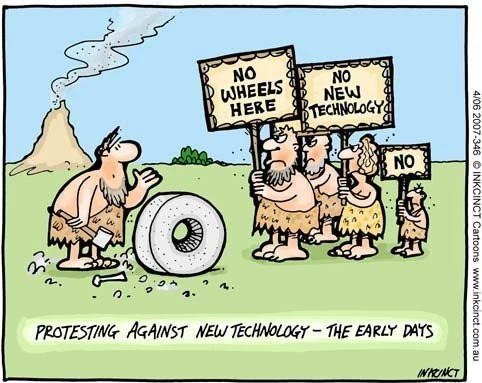
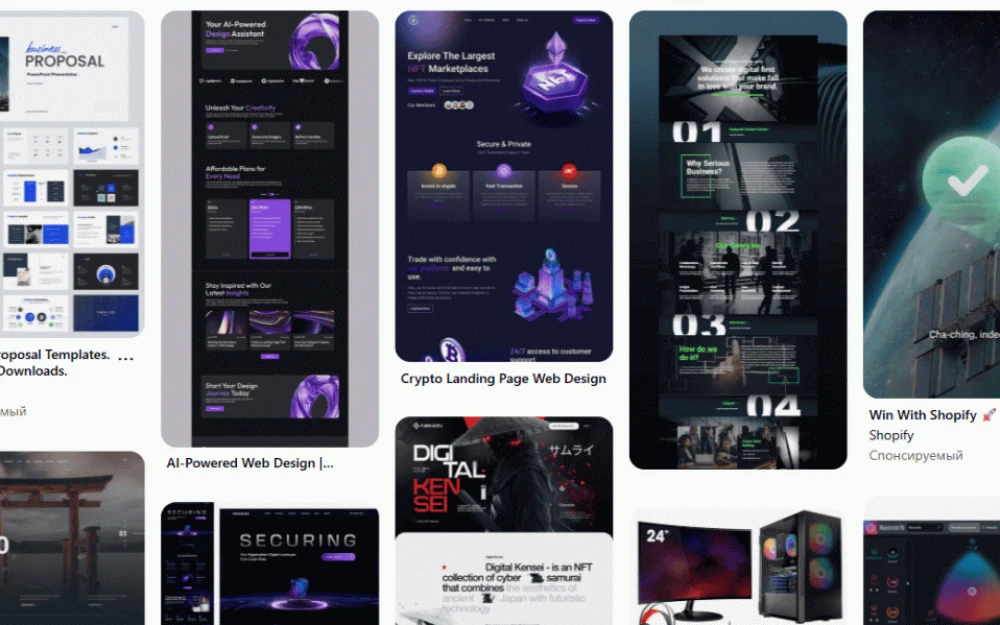

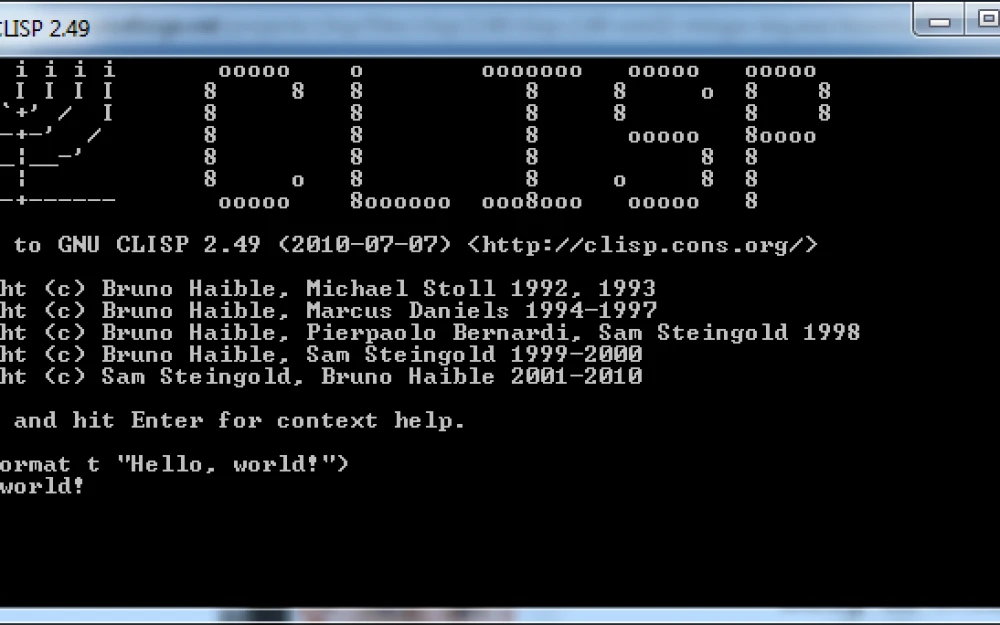
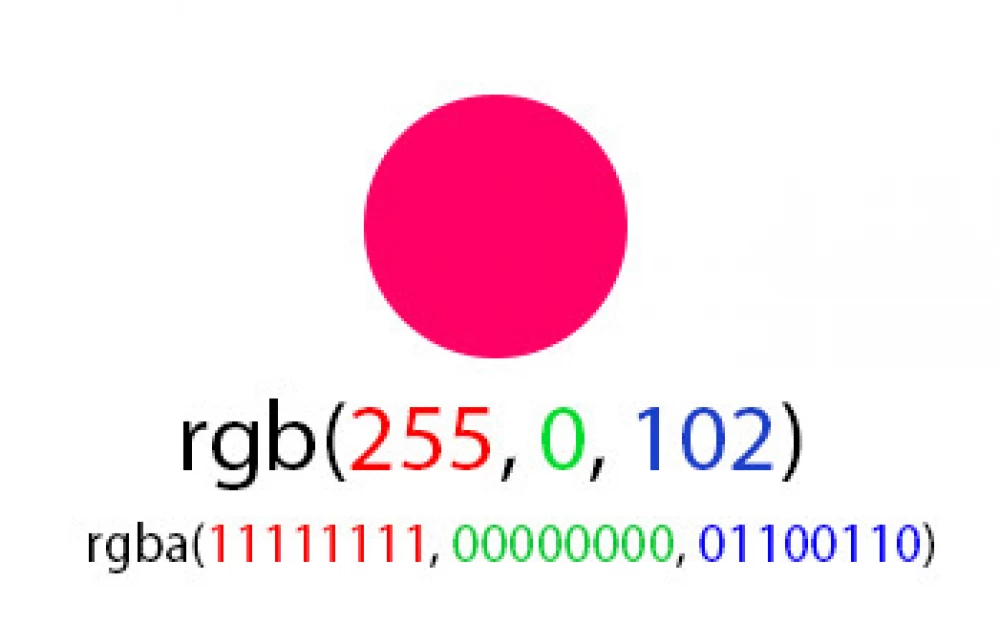


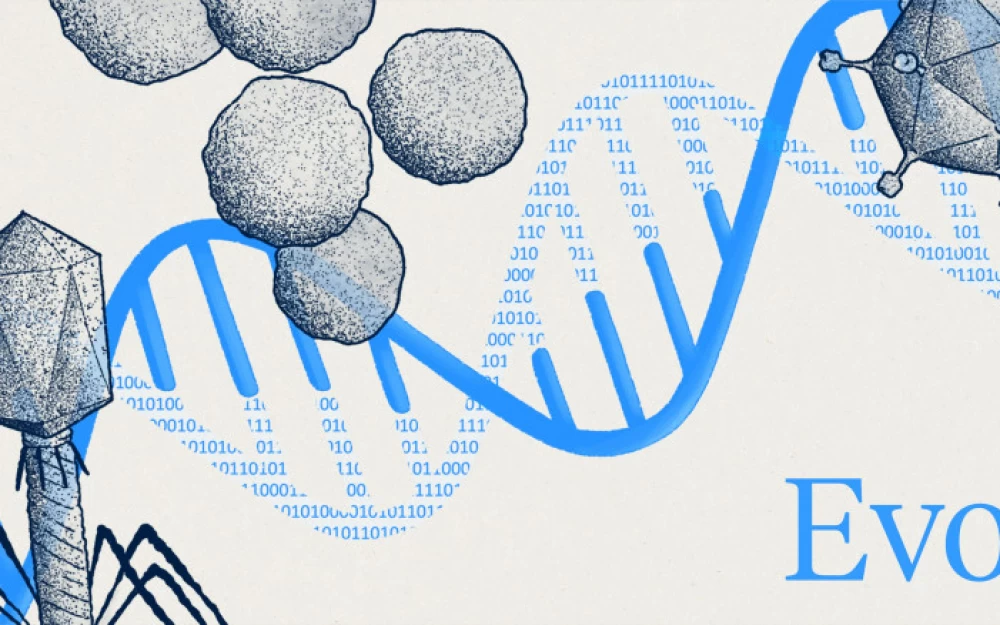
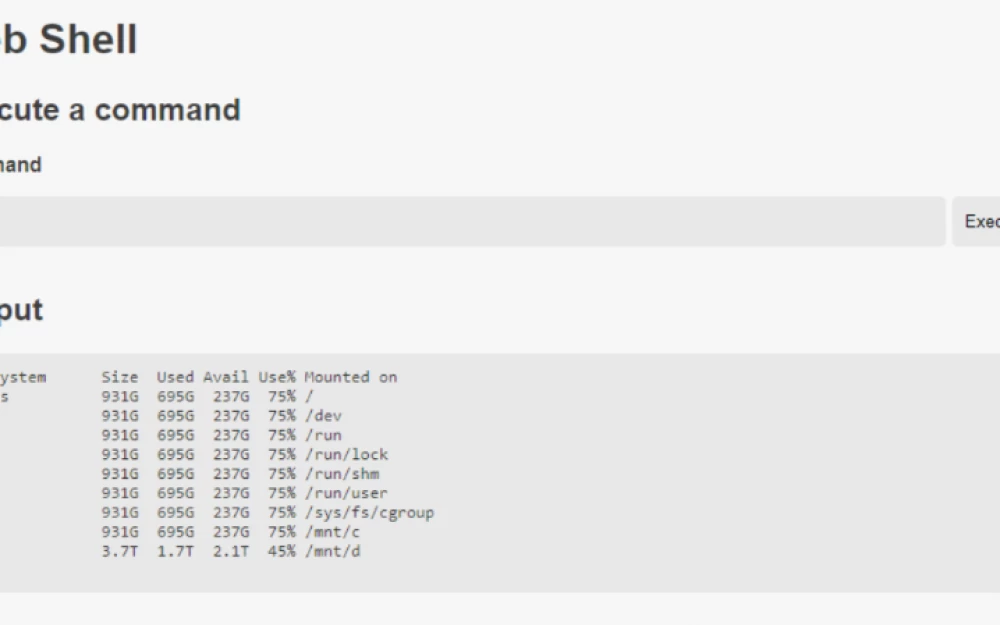
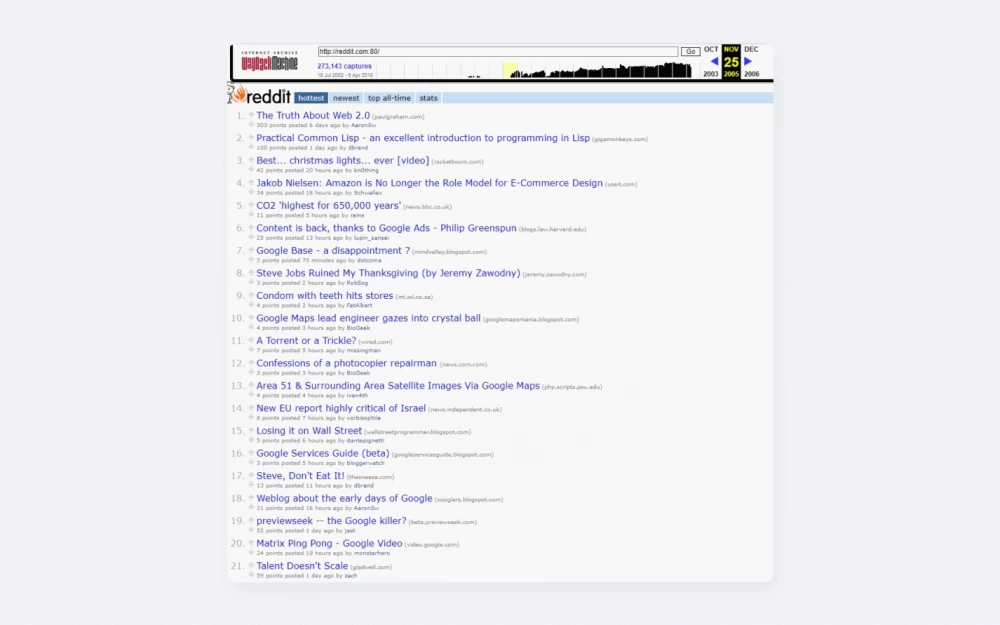
Write comment